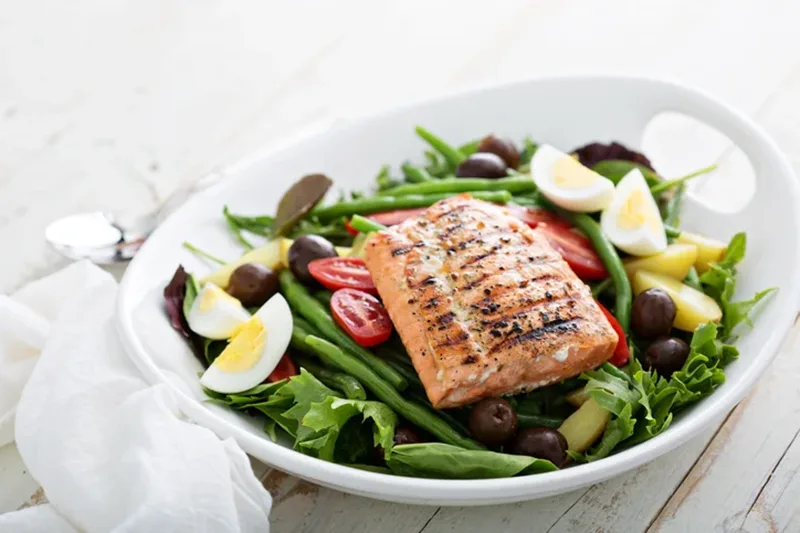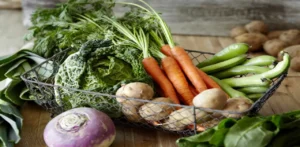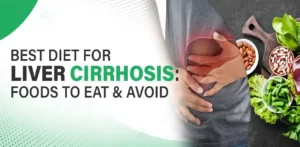Contents
Peptic ulcers, often referred to as stomach ulcers, are open sores that develop on the inside lining of your stomach, upper small intestine, or esophagus. These ulcers can cause significant discomfort and lead to more serious health issues if not properly managed. A crucial aspect of managing peptic ulcers is through dietary choices. In this comprehensive guide, we will explore the best foods for peptic ulcer patients, provide nutrition tips, and offer peptic ulcer-friendly meal ideas. Plus, learn how you can conveniently order healthy meals tailored to your condition from the IntRest website.
What are Peptic Ulcers?
Peptic ulcers occur when the protective lining of the stomach, small intestine, or esophagus is eroded by stomach acid. The most common causes of peptic ulcers include:
- Helicobacter pylori infection: This bacteria can weaken the stomach’s protective mucus, making it more susceptible to acid damage.
- Frequent use of NSAIDs: Nonsteroidal anti-inflammatory drugs such as aspirin and ibuprofen can irritate or inflame the stomach lining.
- Excessive stomach acid production: Stress, spicy foods, smoking, and excessive alcohol consumption can contribute to increased acid production.
Symptoms of Peptic Ulcers
Common symptoms of peptic ulcers include:
- Burning stomach pain
- Bloating and belching
- Heartburn
- Nausea and vomiting
- Dark or black stools (a sign of bleeding)
Peptic Ulcer Diet: What to Eat and Avoid
Managing peptic ulcers often involves dietary changes to help reduce symptoms and promote healing. Here’s a guide to peptic ulcer-friendly foods and those to avoid.
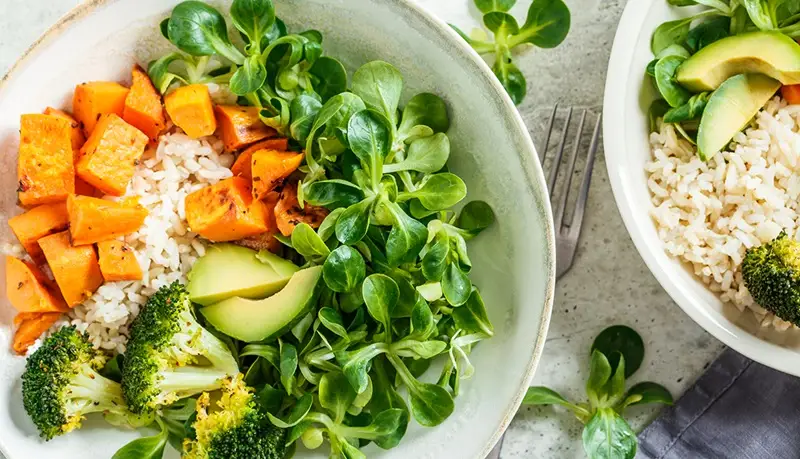
Foods for Peptic Ulcer Patients
- Fiber-Rich Foods
- Oatmeal: Soothing and easy on the stomach, oatmeal is a great breakfast choice.
- Whole grains: Brown rice, barley, and whole wheat bread can help improve digestion and prevent acid buildup.
- Lean Proteins
- Chicken and turkey: Skinless poultry provides necessary protein without adding extra fat.
- Fish: Rich in omega-3 fatty acids, fish can reduce inflammation and promote healing.
- Fruits and Vegetables
- Non-citrus fruits: Bananas, apples, and melons are gentle on the stomach.
- Vegetables: Carrots, broccoli, and leafy greens are packed with vitamins and minerals.
- Probiotics
- Yogurt: Contains beneficial bacteria that can improve gut health.
- Kefir: A fermented drink that supports a healthy digestive system.
- Healthy Fats
- Olive oil: A good alternative to butter or margarine.
- Avocado: Provides healthy fats and is gentle on the stomach.
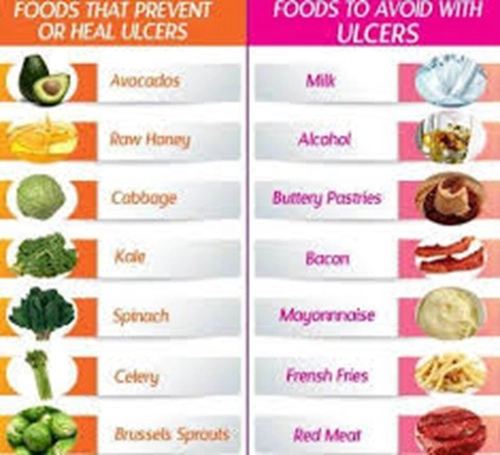
Foods to Avoid
- Spicy Foods
- Chili peppers and hot sauces: Can irritate the stomach lining and increase acid production.
- Acidic Foods
- Citrus fruits: Oranges, lemons, and grapefruits can exacerbate symptoms.
- Tomatoes: Their high acidity can cause discomfort.
- High-Fat Foods
- Fried foods: Greasy and fried items can slow digestion and worsen symptoms.
- Fatty meats: Such as bacon and sausage should be limited.
- Caffeine and Alcohol
- Coffee and soda: Can increase stomach acid production.
- Alcoholic beverages: Can irritate and erode the stomach lining.
Also Read: “Manage GERD with the Right Diet: Tips and Foods for Relief”
Nutrition During Peptic Ulcer Treatment
Proper nutrition is vital during the treatment of peptic ulcers. Here are some tips to ensure you’re getting the right nutrients:
- Eat Smaller, Frequent Meals
- Smaller, more frequent meals can help manage symptoms and prevent the stomach from becoming too full, which can lead to acid reflux.
- Stay Hydrated
- Drink plenty of water throughout the day. Avoid drinking large amounts of water during meals to prevent stomach bloating.
- Avoid Late-Night Eating
- Eating close to bedtime can increase the risk of acid reflux and discomfort during the night.
- Chew Your Food Thoroughly
- Properly chewing food can aid in digestion and reduce the workload on your stomach.
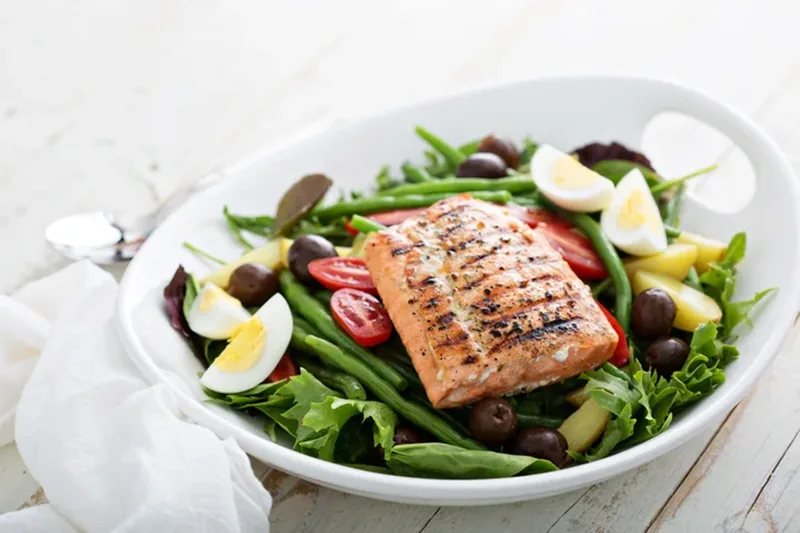
Peptic Ulcer-Friendly Meal Ideas
Creating a diet plan with peptic ulcer-friendly meals doesn’t have to be difficult. Here are some meal ideas to get you started:
Breakfast
- Oatmeal with Bananas and Honey: A gentle start to the day with fiber and soothing honey.
- Yogurt with Fresh Berries and a Sprinkle of Flaxseeds: Packed with probiotics and antioxidants.
Lunch
- Grilled Chicken Salad with Olive Oil and Lemon Dressing: Light and nutritious, with plenty of vitamins.
- Quinoa and Vegetable Stir-Fry: A protein-rich grain combined with colorful, non-irritating vegetables.
Dinner
- Baked Fish with Steamed Broccoli and Brown Rice: A balanced meal that is easy to digest.
- Turkey Meatloaf with Mashed Sweet Potatoes: Comfort food that’s kind to your stomach.
Snacks
- Apple Slices with Peanut Butter: A satisfying and stomach-friendly snack.
- Carrot Sticks with Hummus: Provides fiber and protein without causing irritation.
Peptic Ulcer Nutrition Therapy
Nutrition therapy for peptic ulcers focuses on healing and maintaining a healthy digestive tract. Here are some strategies:
- Incorporate Healing Foods
- Include foods rich in antioxidants, such as berries and leafy greens, to help repair and protect the stomach lining.
- Limit Trigger Foods
- Keep a food diary to identify and avoid foods that trigger your symptoms.
- Seek Professional Guidance
- Consult with a dietitian or nutritionist to develop a personalized nutrition plan.
Also Read: “Effective Diet and Nutrition Tips for Stomach Cancer Patients”
How IntRest Can Help
Managing a peptic ulcer can be challenging, especially when it comes to maintaining a diet that supports healing. IntRest makes it easier by offering a wide range of healthy, peptic ulcer-friendly meals tailored to your specific needs. Whether you are looking for meals that cater to your dietary restrictions, allergies, or preferences, IntRest has you covered. Simply visit our website, filter meals according to your requirements, and have them delivered right to your doorstep.
Living with a peptic ulcer requires careful attention to diet and nutrition. By incorporating the right foods, avoiding irritants, and following our nutrition tips, you can manage your symptoms effectively and promote healing. Remember, you don’t have to navigate this journey alone. IntRest is here to provide you with healthy, delicious meals that support your health and well-being.
For more information and to order peptic ulcer-friendly meals, visit the IntRest website today. Eat well, feel well, and take control of your health with the right nutrition.
